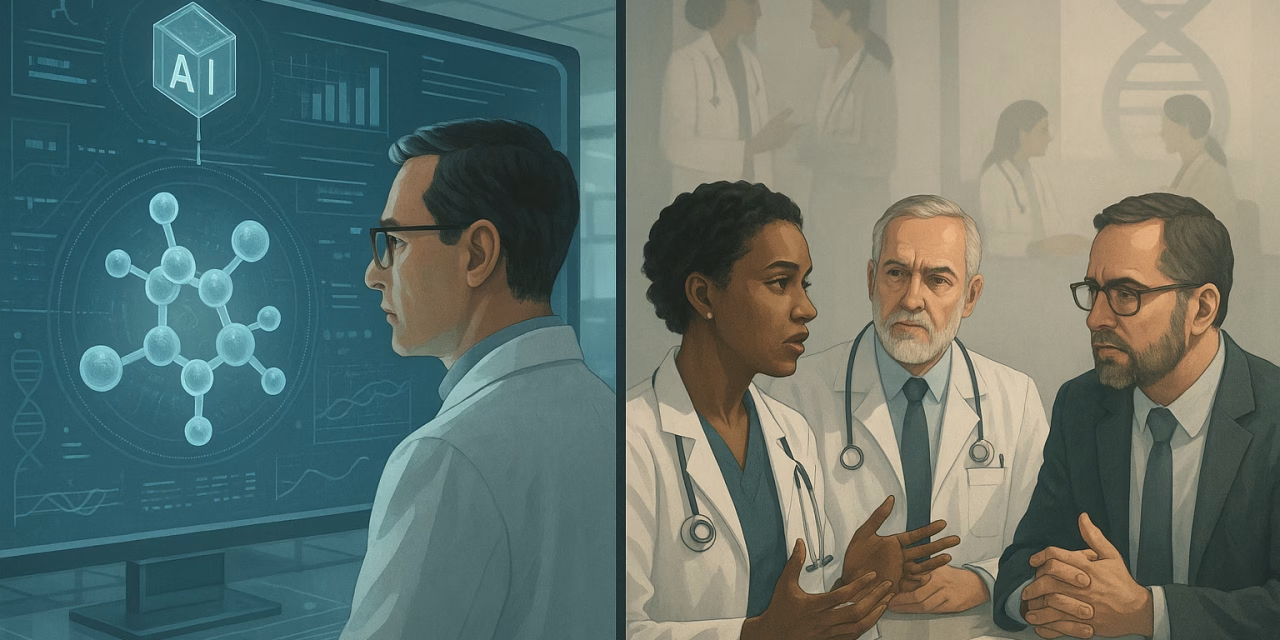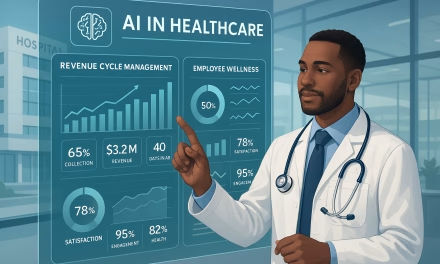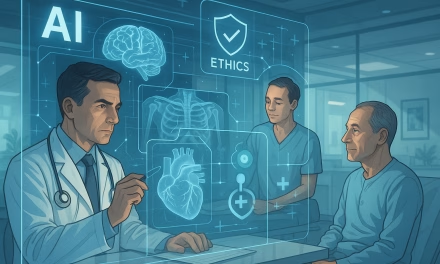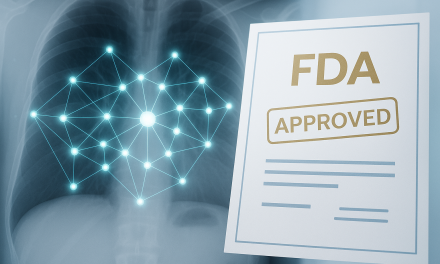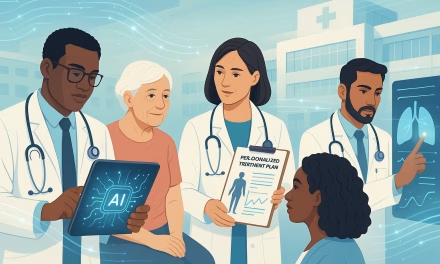July 7, 2025, marks a day of significant developments in the AI health and wellness sector, highlighting both the immense promise of AI-driven innovation and the critical challenges of ethics, bias, and accountability that must be addressed.
On the innovation front, Light AI Inc. has announced key milestones in the development of its Wellness Strep A screening application, with a targeted launch in Q3 2025. This is part of a rapidly expanding AI healthcare market that is projected to reach $110.6 billion by 2030. In another major breakthrough, Isomorphic Labs, Alphabet’s AI drug discovery firm, is preparing to begin human trials for its first AI-designed drugs, a crucial validation moment for the use of AI in real-world biomedical applications.
However, this wave of innovation is accompanied by growing concerns about the ethical implications of AI in healthcare. A new study has revealed that four out of five doctors in Sweden are critical of AI-powered transcription tools due to serious errors, underscoring the need for rigorous testing and validation of these systems. The broader concerns about bias, ethics, and accountability in AI-driven medical advice are also gaining traction, with calls for stronger regulatory frameworks to ensure patient safety and trust.
The shift from reactive “sick care” to proactive wellness management, accelerated by agentic AI, further emphasizes the need for a balanced approach. As AI becomes more deeply integrated into clinical decision-making and personalized healthcare, the importance of transparency, fairness, and accountability cannot be overstated.
The developments on July 7, 2025, collectively illustrate that the future of AI in health and wellness is a double-edged sword. The potential for groundbreaking discoveries and improved patient outcomes is immense, but it must be tempered with a strong commitment to ethical principles and responsible innovation. The successful integration of AI into healthcare will depend on our ability to navigate this complex landscape, ensuring that technology serves humanity in a safe, effective, and equitable manner.

